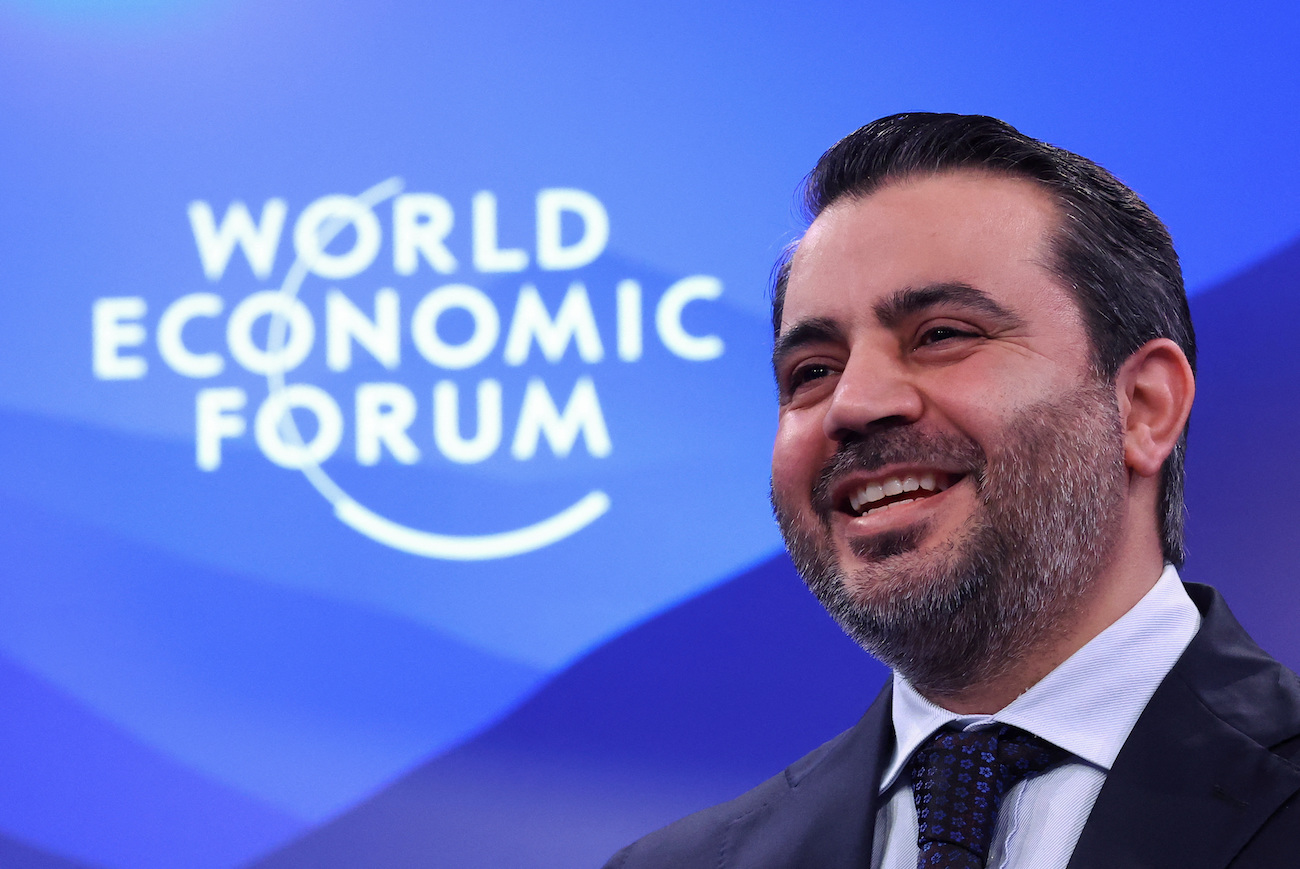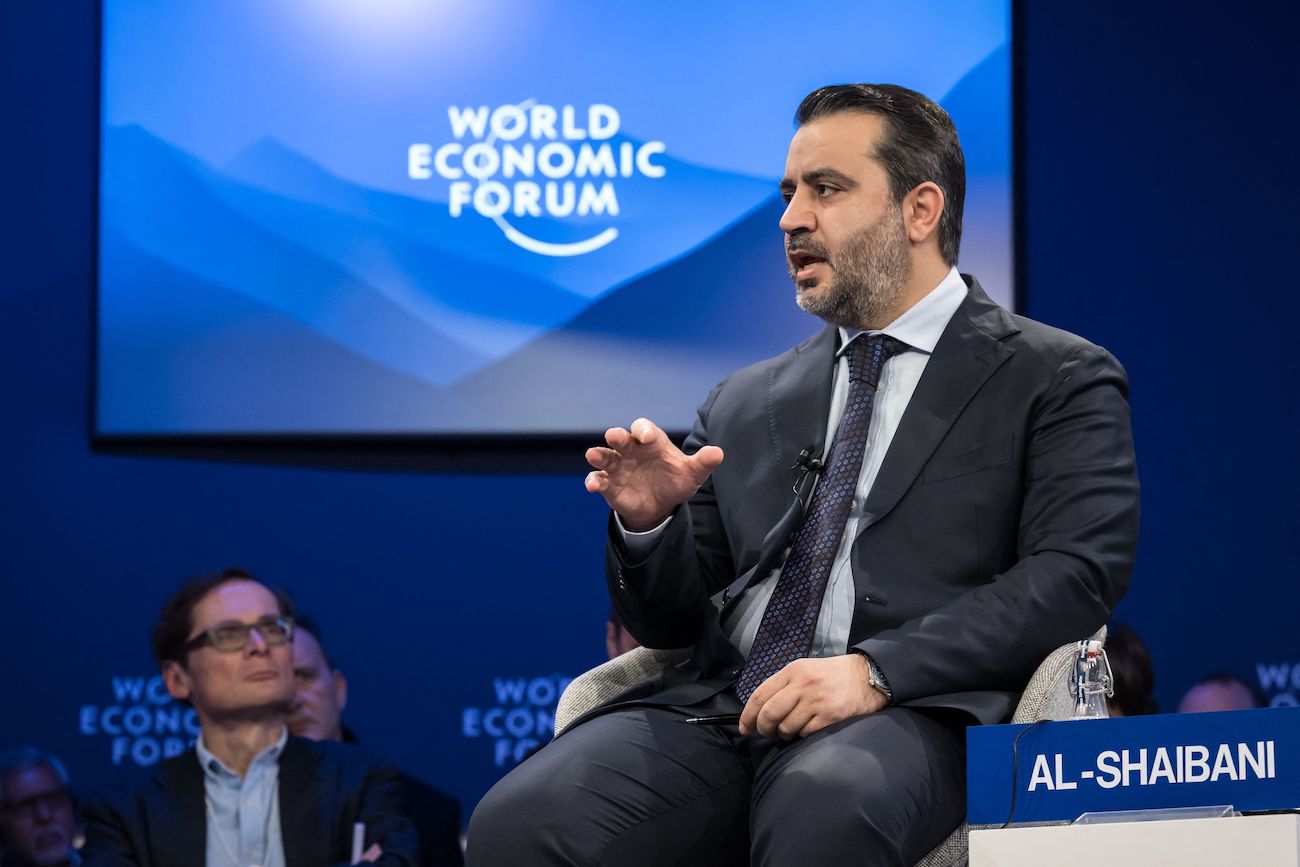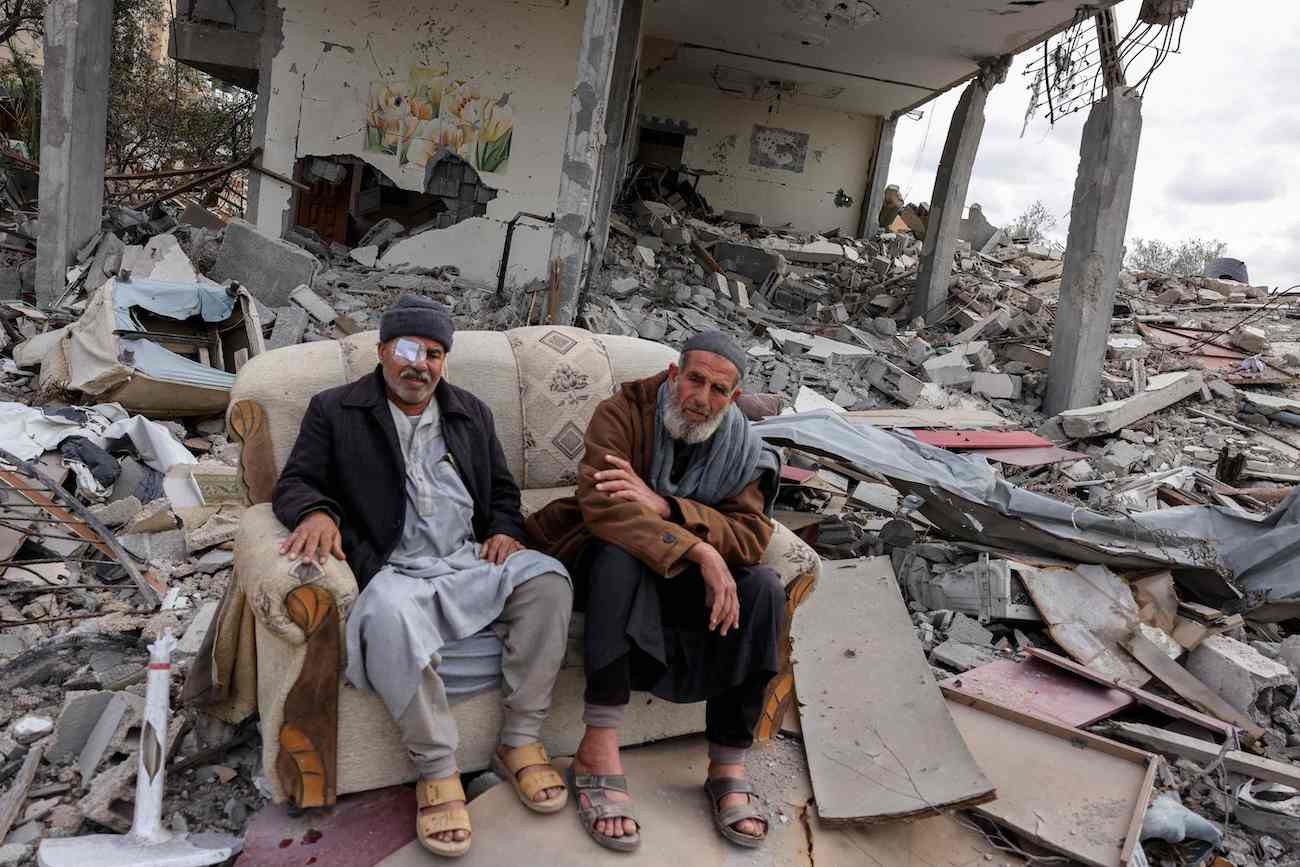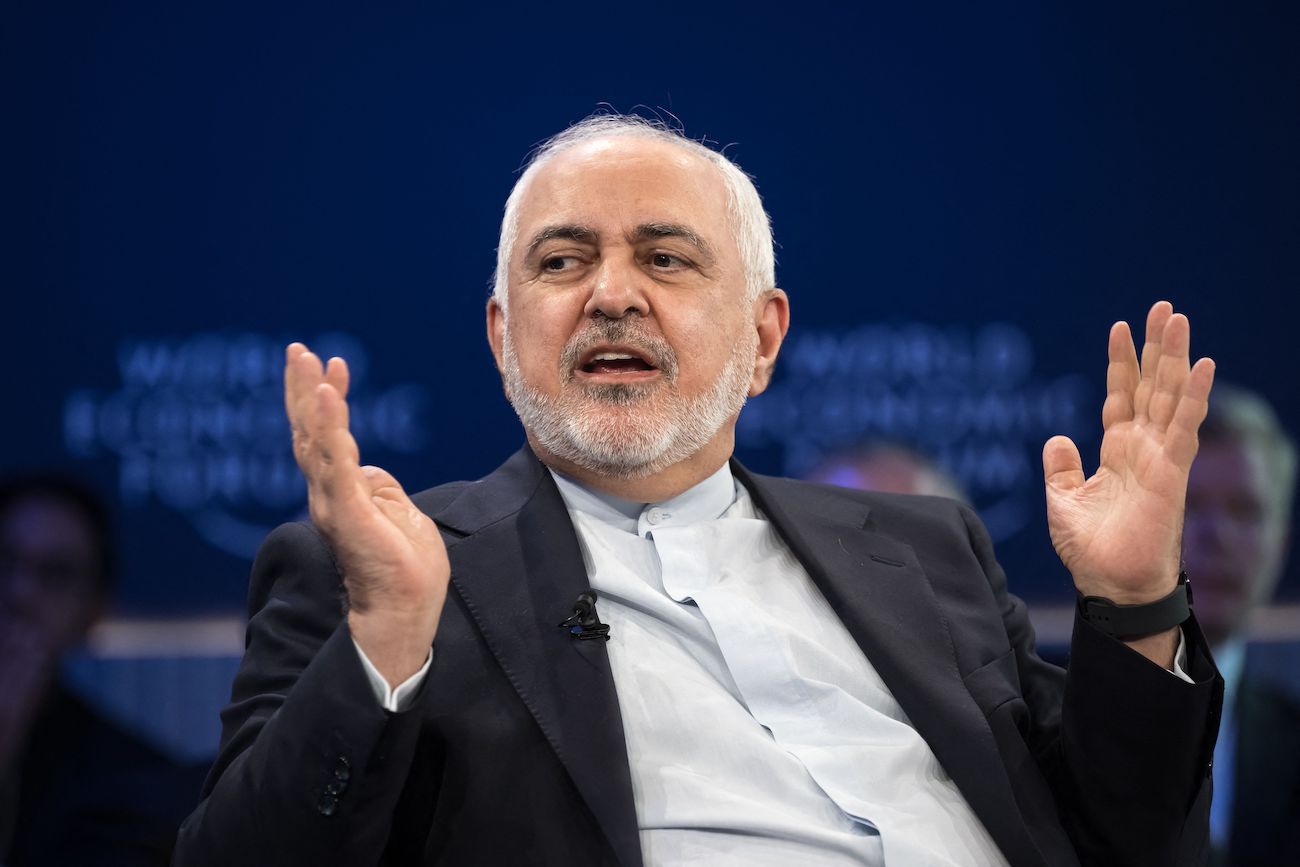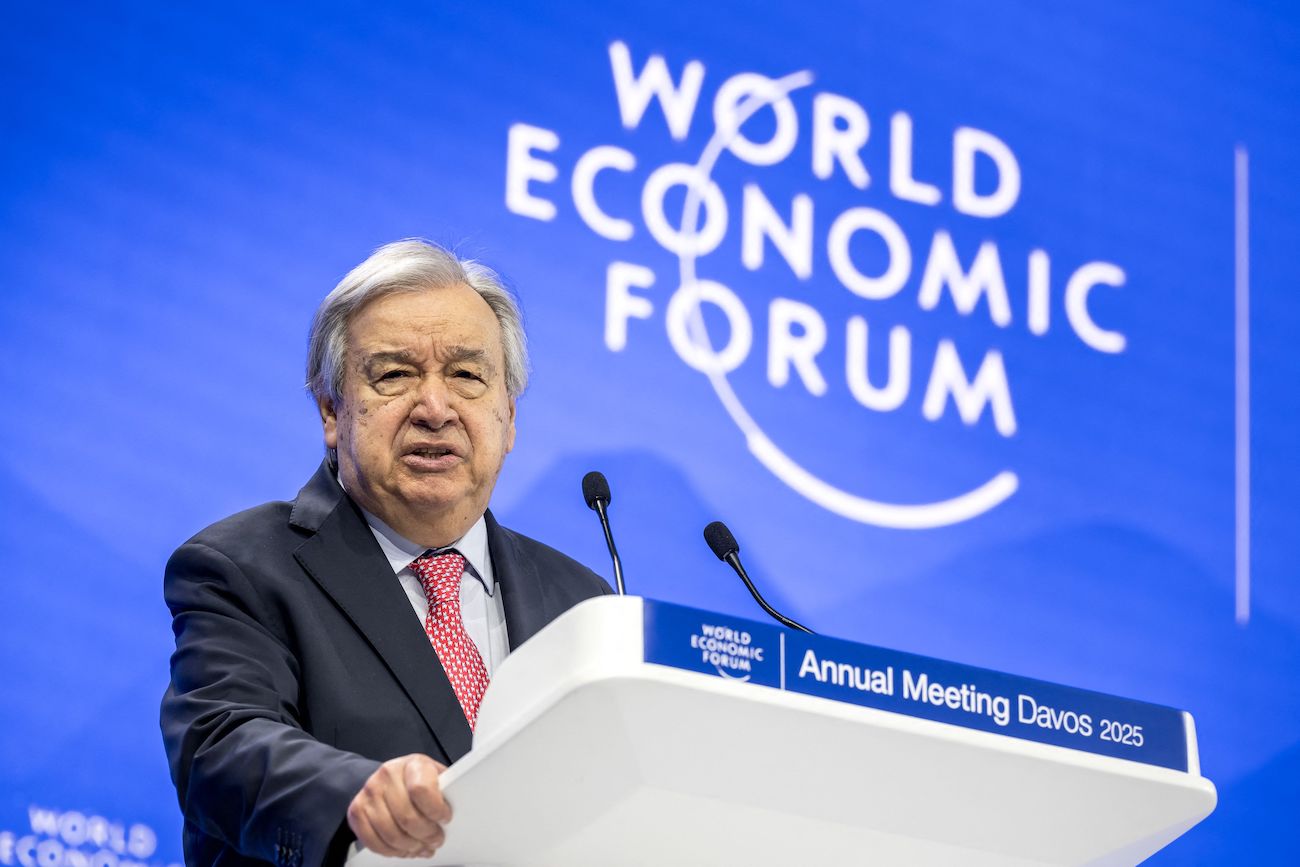ANKARA: The latest UN-backed study into Syrian refugees living in Turkey and the thoughts of the two communities was released on Monday.
Supported by the United Nations High Commissioner for Refugees, the Syrians Barometer-2020: A Framework for Achieving Social Cohesion with Syrians in Turkey was released under the leadership of Prof. M. Murat Erdogan from Ankara University.
The survey is the third of its kind conducted since 2017. Its findings are based on face-to-face interviews with 2,259 Turkish citizens in 26 cities and 1,414 Syrian households in 15 cities.
The report showed that the level of social acceptance of Syrians is high despite some ongoing concerns.
“Turkish society’s acceptance of Syrians has largely been transformed into ‘toleration’ rather than an understanding of establishing a practice of living together,” it said.
HIGHLIGHTS
New study shows Turkish acceptance of migrants is rising, but problems remain.
80% of Turks say they provided cash or other assistance to Syrians during the COVID-19 pandemic.
Concerns about jobs losses and rising crime were lower than before, and the COVID-19 pandemic had boosted solidarity and neighborly ties between the two groups, it said.
“This can be explained by the normalization trend that created a habit among Turkish society regarding the presence of Syrians, while the pandemic also shifted social priorities toward making ends meet,” Erdogan told Arab News.
About 80 percent of Turks said they provided cash or other forms of assistance to Syrians during the pandemic.
But Turkish people living in border towns with a high density of Syrian refugees were less positive, saying they considered them an ongoing source of problems.
There remains misunderstanding about how Syrians generate income, with most Turkish people claiming the refugees rely on assistance from the Turkish state. But those who are financially supported by an EU-funded assistance program account for only about 44 percent of the general Syrian population in Turkey.
While concerns remain about the deterioration of public services, loss of jobs, rise in criminality and corruption, the proportion of Turks who said they had experienced personal harm from Syrians in the past five years was 11 percent.
“When I conducted a field study in the southeastern province of Sanliurfa, Turkish residents said they were harmed by the presence of Syrians because they were speaking loudly at night and not sleeping at the right time,” Erdogan said.
“Turks are more inclined to perceive Syrians through the prism of identity concerns.”
According to the report, 55 percent of Turks are against Syrians opening their own businesses, saying it would generate unfair competition.
A total of 77 percent of Turks said they did not think Syrians had cultural similarities with the Turkish. But Syrians considered themselves socially very close to Turks, the report said.
Turkey is home to about 3.7 million Syrians under temporary protection, which represents about 5 percent of the Turkish population. Many of them said they were not settled in the country.
In the latest report, the proportion of refugees saying they did not plan to return to Syria was 77.8 percent, up from 51.8 percent in 2019 and 16.7 percent in 2017.
Similarly, 90 percent of the Turks surveyed said they thought that at least half of the Syrians would stay in Turkey.
Asked where the Syrians should live, 85 percent of Turkish respondents suggested they be housed in camps, secure zones or designated cities instead of integrating with local communities.
“Turks prefer an isolated lifestyle for Syrians in Turkey,” Erdogan said.
While Turkey’s Interior Minister Suleyman Soylu recently announced that the country had granted citizenship status to more than 193,000 Syrian refugees, 71 percent of the Turks polled said they were against giving citizenship to Syrians, while about 17 percent said Syrian children should not be given an education.
A total of 46 percent of Syrians said they had been integrated into Turkish society but would prefer the status of temporary protection rather than citizenship so as not to lose their benefits under the EU support programs. The survey also showed that at least one member of each Syrian family could speak Turkish.
More than 88 percent of the Syrians polled said they had not faced any problems regarding access to health services during the pandemic, but 64 percent said it had negatively affected their financial situation.
The study also found that there had been an increase in the proportion of Syrians moving on to a third country to 49 percent in 2020, from 34 percent in 2019 and 23 percent in 2017.
Despite the high proportion of Turks saying they had extended a helping hand to Syrians during the pandemic, 67 percent of the Syrian respondents said society’s perception of them had not changed since the health crisis.
In its recommendations, the report said that Turkey’s policies on Syrians that are based on temporariness should be revised as establishing a peaceful Syria remained an unlikely prospect in the short and medium terms.
It said also that more needed to be done to find viable employment for Syrians.
“Agriculture, animal husbandry and the industrial sector all offer opportunities to create employment,” it said.
It added that civil society should assume a greater role in aiding integration and that a financial support program needed to be developed to allow local authorities to help Syrians living within their jurisdictions.
It also said the international community should share the responsibility of providing financial support and resettlement options for Syrians.



















